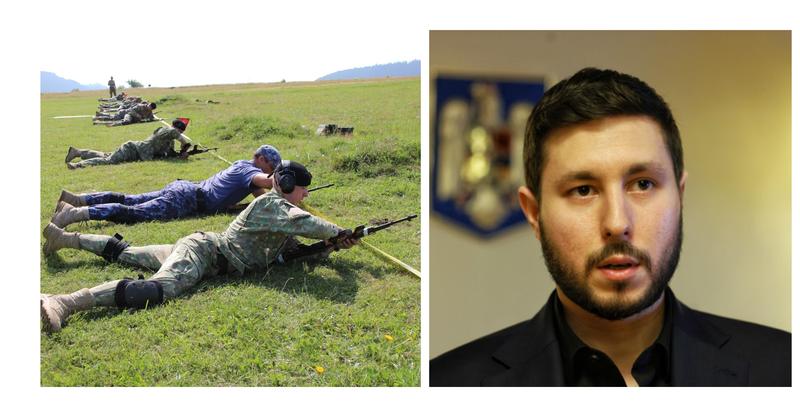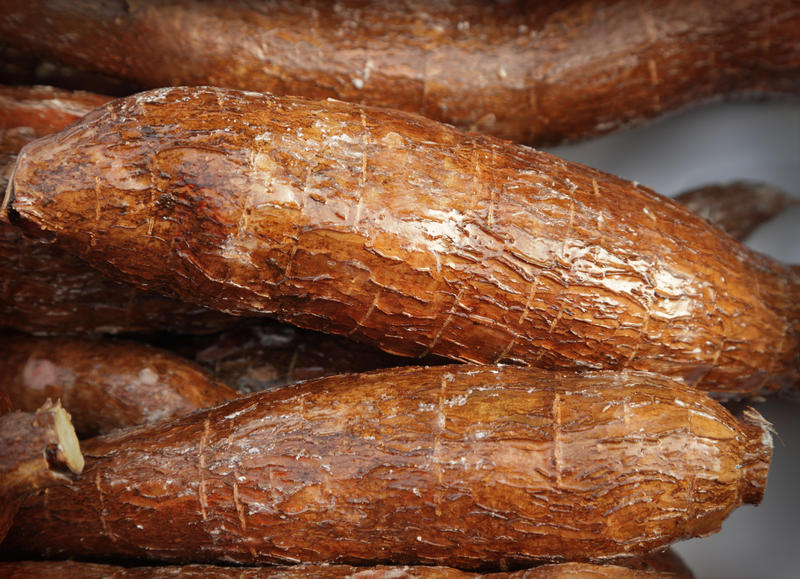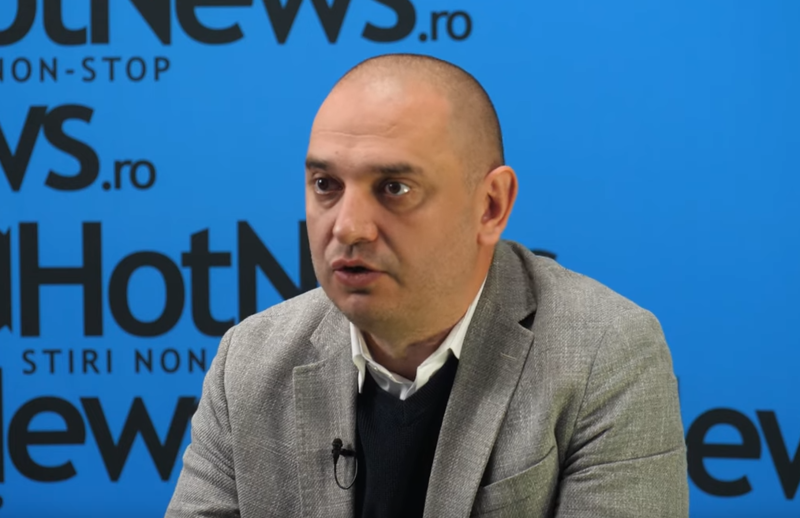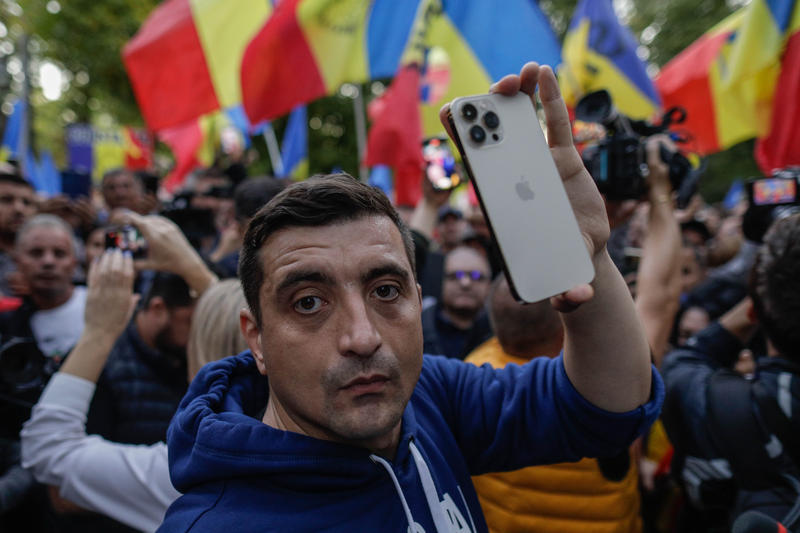Negotiations with Turkey, the problems of the European Union, the EU integration of ex-Yugoslav and other countries and the issue of genetically modified organisms are issues touched by Franz Fischler, the former European Commissioner for Agriculture, in an exclusive interview for HotNews.ro.
The labor market, the environment and climate changes should be the main issues for the European Union these days as people are less interested in the European Constitution than in these problems and the EU should come closer to the citizens, Franz Fischler said in the interview.
But he said the issue of the Constitution should be dealt with and at least a road map for the adoption of such a document should be established before a new wave of enlargement is considered, he said. According to Fischler, negotiations with Turkey will last about 15 years, but the EU would be open to a new wave of integration after 2009. Croatia’s evolution is most important when it comes to that, he said.
He said Croatia is the best placed among Balkan countries and should its chances be cut that will have a repercussion on all other countries willing to join the EU.
Regarding Croatia’s current problems, Fischler said the country, as compared to Romania, did not have a basic education system for farmers. Still, he said Romania did not have a better position when it comes to agriculture because the lack of education among farmers to access EU funds is hardening the development of the sector.
Asked about his opinion on genetically modified organisms, Fischler said “the fact that we do not know enough about the secondary effects of such plants is the most important impediment they face. I am not a supporter of GMOs, don’t misunderstand me, but it would be good to see what their precise importance would be”.
He said that considering the ongoing global warming, products that would last longer would be needed and GMOs may be a solution to the problem. The same can be said about bio-energy as the production of energy from renewable resources must be increased.
“We’ll depend on genetically modified organisms in the future if we make them more resistant to heat and if we use them for bio-energy”, he said.
The interview took place in Vienna at a conference held by Fischler at the headquarters of Austrian newspaper Der Standard.



















